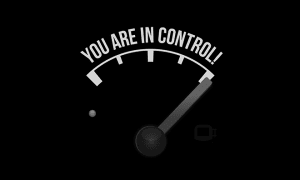Lessons Learned from the Nigerian Bank
A few days ago, I received another email from a “close and personal friend” who is a high-ranking manager at a bank in Nigeria. My “close” friend must really trust me more than anyone else because he asked that I hold, in trust, $10 million US dollars for his cousin, a now deposed village leader. Now, all I needed to do was to email him my bank account numbers and a few personal details to make sure the money got deposited. Sound familiar? If you have owned a computer with online access in the last fifteen years, you have likely received an email from a friend in Nigeria. The scam is a global classic and the reason it has continued for so long is because there is an endless supply of people who fall for it even though this fraud is so obvious.
Not All Frauds are Equal
Not all frauds are quite as obvious, especially in the construction world because of the large sums of money involved in projects. Even in the smallest firms, frauds can go undetected indefinitely and the schemes to defraud are countless.
There are ways to prevent, detect and/or deter fraud. As clarification, we are not addressing property theft or inventory shrinkage. Instead, my focus is more the “white collar” crimes, or frauds that occur mainly in the office such as forgery, phony invoicing, padded time sheets, “feather bedding,” banking schemes, check kitting, supplier bid tampering and workers’ compensation fraud, to name a few of the most common. We have seen all kinds and it boggles the mind.
Pay Attention
The first line of fraud defense is vigilance. Fraud is out there so pay attention to the way the business operates. If your instincts tell you something is wrong, it may be that it is wrong. Change banking and computer pass codes often. Bring in a “surprise” auditor to review your books, and check out your cash management and credit card procedures. Spread rumors about the fact that you are checking for irregularities. Cross train office personnel and every so often rotate positions. Fear that a person’s dishonest activities might be discovered by a fellow employee is a powerful deterrent. Hey, fear works! Sometimes the best deterrent to a would-be internal crook is the fear of getting caught. So, pay attention, put in place some simple precautions and incorporate fear into your controls. It just might prevent hard earned money from disappearing out the door!







